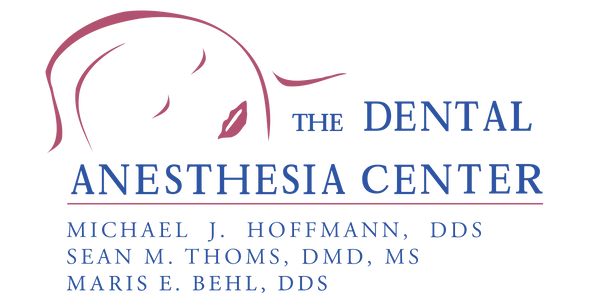Various oral sedatives have established efficacy and safety for managing fear and dental anxiety.

Anxiety and fear of going to the dentist persist despite the modern advances in dentistry. Fortunately, oral sedatives in sedation dentistry have established efficacy and safety for managing dental anxiety. Oral sedatives can keep the patient awake while still having the desired calming effect.
There are many types of sedation used in sedation dentistry, ranging from mild sedation administered through a breathing mask to general anesthesia administered intravenously. There is a range of oral sedatives between these two options that can keep the patient awake while still having the desired calming effect.
If you are not sure what substances are used during sedation dentistry, here is a list of the most common oral drugs that a sedation dentist may prescribe for your dental treatment.
Midazolam (Versed)
Midazolam is the most commonly used drug in oral sedation dentistry, and it is generally considered very safe, inducing only a mild form of sedation. One precaution usually needed when administering midazolam is to reschedule the patients who have respiratory infections on the day of the intervention, as this drug has a higher impact on the respiratory tract than on the circulatory system.
Diazepam (Valium)
One of the drugs almost everyone has heard about is diazepam (Valium). It is used in various medical interventions, including as an oral sedative for dental surgery. The time it takes for diazepam to only remain in a 50% concentration in the patient’s system is longer than with other drugs, making it the preferred choice for extended, complex dental operations.

Triazolam (Halcion)
For patients who have a hard time going to the dentist because of their associated anxiety, triazolam is often the doctor’s choice. Primarily a drug that fights insomnia, it has an effect on the patient’s anxiety level and helps them go through the procedure without remembering it afterward, which allows them to be unaffected by their dental anxiety and come back next time.
Lorazepam (Ativan)
Another benzodiazepine with amnesic properties, like diazepam, lorazepam is very useful in patients with anxiety, allowing them to go through their dental treatment without the effects of their anxiety.
Hydroxyzine (Vistaril)
Hydroxyzine is an antihistamine that also acts on the patient’s anxiety levels. It is used short-term to treat anxiety or help a patient feel sleepy or relaxed before a dental procedure.
As you can see, there are many drug options if your St. Louis sedation dentist recommends oral sedation for your dental procedure. Which drug will be chosen depends on how long it takes for the medicine to get out of your system, your allergies and sensitivities, and what is needed from the sedation itself.
St. Louis Sedation Dentistry
For more than 30 years, the Dental Anesthesia Center has combined sleep dentistry and cutting-edge technology to help patients overcome fear and health issues that have kept them from seeking dental care. We work hard to make you feel at ease by providing exceptional patient care in a relaxed, convenient atmosphere.
Click here to learn more Sedation Dentistry
Call Us Today
The Only Board Certified Dental Anesthesiologist in Missouri, including the St. Louis Metro Area.
Call (314) 862-7844